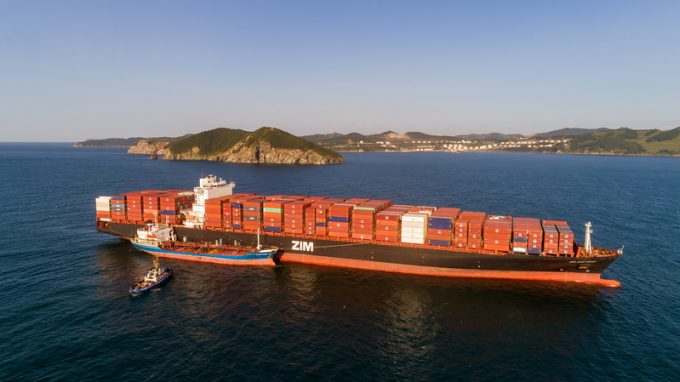'Solid' half-year performance at K+N was offset by weakening US dollar
A steep drop in the value of the US dollar against the Swiss franc since ...

Israeli ocean carrier Zim has posted its first annual profit for three years – and the biggest in its 75-year history – recording a net income of $524m for 2020 and claiming it is a “revitalised company”.
Zim carried an-above industry par 0.7% more containers last year ...

Comment on this article